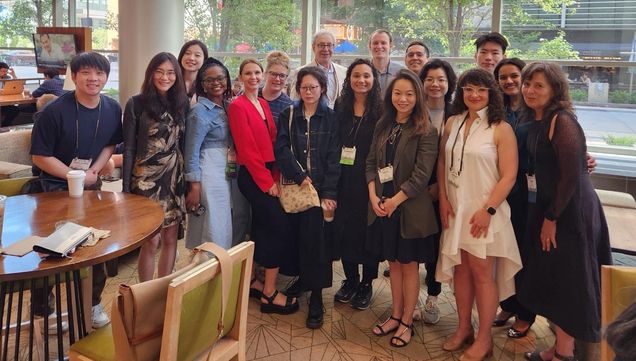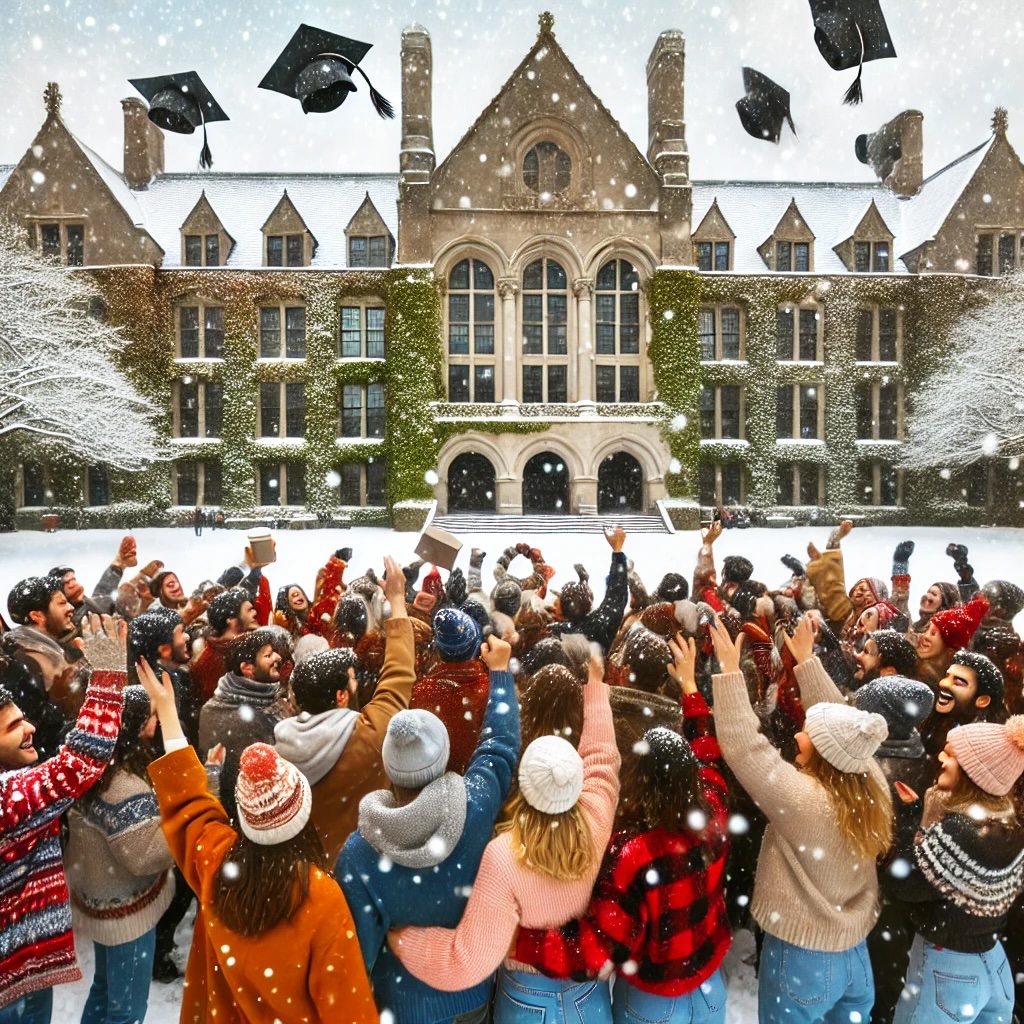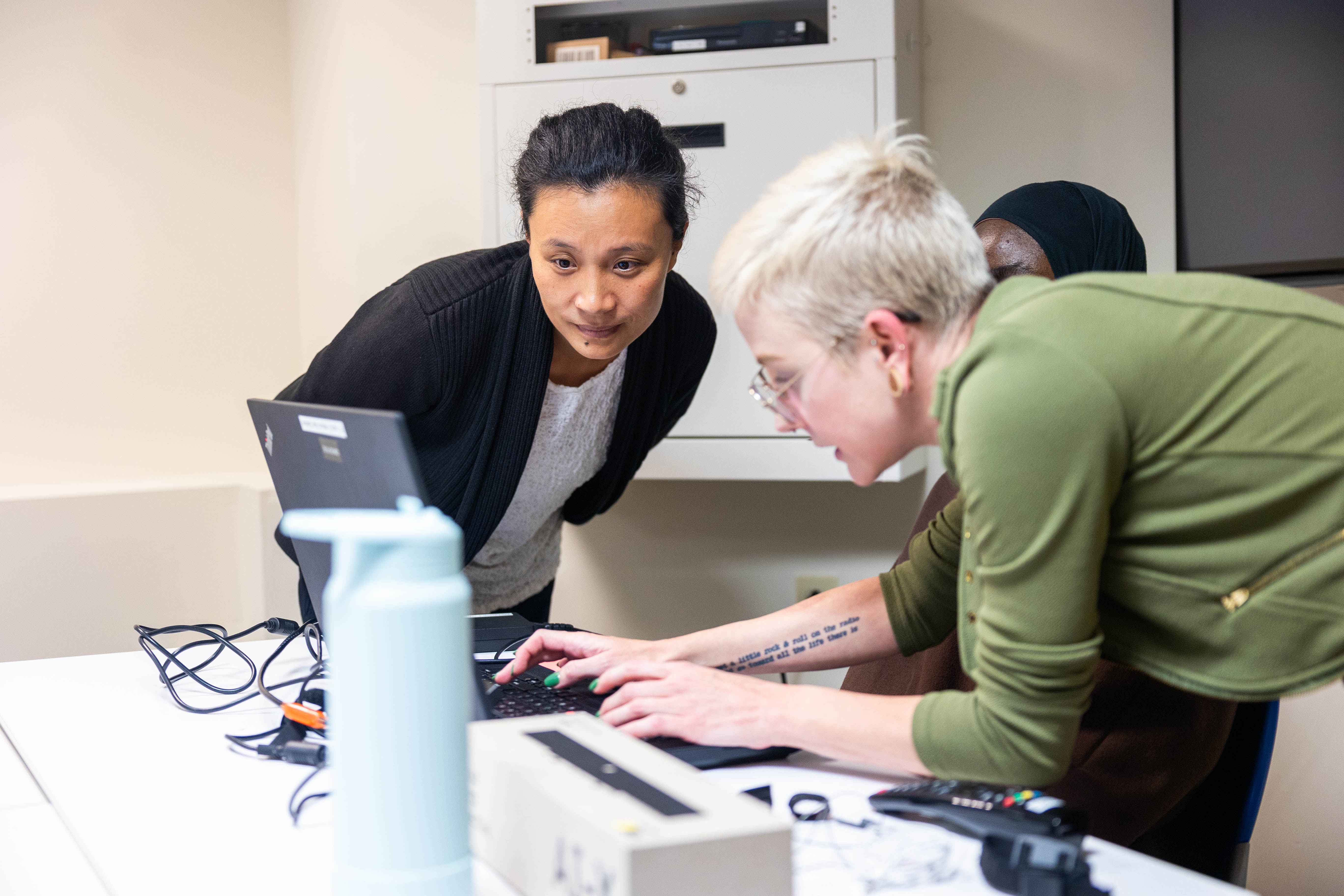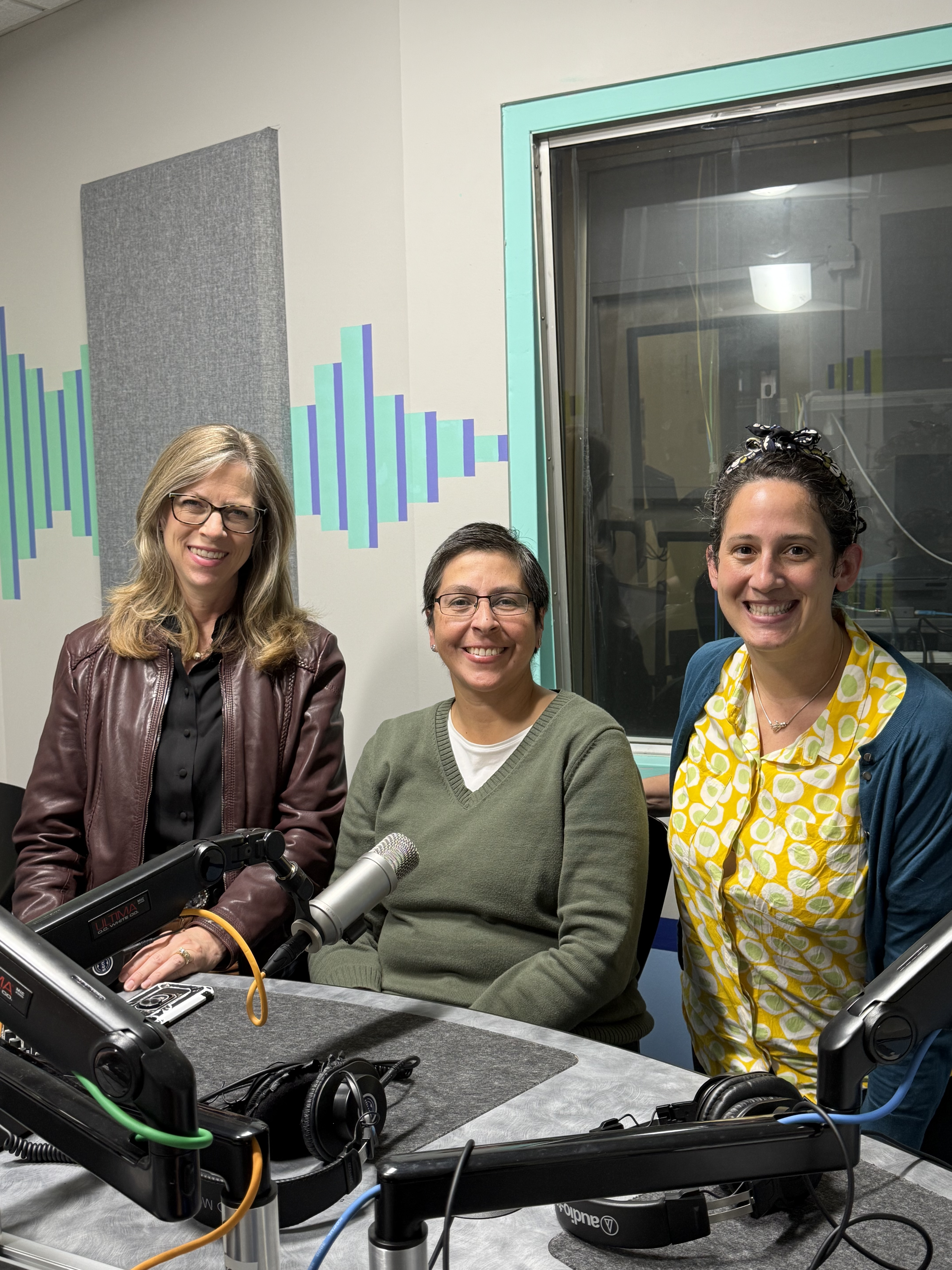Letter from the Director: December 2025
The Fall 2025 Semester in Review
By: Michelle Amazeen
December marks the conclusion of another bustling semester for the CRC which kicked off with our annual open house co-hosted this year with the Center for Media Innovation & Social Impact.
Our fall programming included our Colloquium Series, which consists of monthly research presentations that highlight current and original research of CRC fellows. Our speakers includedDr. Michael Elasmar in September (An AI-Assisted Methodology for Quantifying Measurement Error of Social Media Text Posts), Dr. Katy Coduto and Prof. Margaret Wallace in October (Friending Artificial Intelligence: How People Bond with ChatGPT Over Time), and Dr. AnneMarie McClain in November (Adapting and Dreaming: How Supportive Families of LGBTQ+ Kids Respond to Today’s Media Representation).
Every semester, the CRC invites a distinguished scholar from outside the university to share their outstanding scholarship, expertise, and experience with the BU community. Our Fall 2025 Dr. Melvin L. DeFleur Distinguished Lecturer was Dr. Brooke Erin Duffy (Cornell University) who presented a talk entitled, The Visibility Bind: Platform Labor, Precarity, and Resistance in the Creator Economy.
To foster connections within our research community, our faculty fellows met monthly as part of our Work-In-Progress meetings. Special guests this semester included representatives from BU’s offices of Federal and Foundation Relations as well as from BU’s Institutional Review Board.
Given the University’s commitment to involving students in research, the CRC continued to facilitate fellows’ efforts to recruit students as research participants via our SONA research participant management system. SONA provides both graduate and undergraduate students with the opportunity to engage in various research activities across COM while earning course credit. This semester, students from 50 different COM courses had access to over two dozen research opportunities. Faculty fellows (or their advisees) who utilize CRC resources are required to register their courses with SONA. We encourage all instructors to consider including their courses in the upcoming Spring semester. To enroll, please complete this form. For more details about the SONA program, visit our website or email us at comsona@bu.edu.
The CRC also sought to advance the thought leadership of its fellows with the Media & Technology Public Opinion Poll. In September, our poll addressed deepfakes: Big Margins Support Protections Against AI-Powered Deepfakes on Social Media. In October, Dr. Deborah Jaramillo lent her expertise to a poll about government censorship: Large, Bipartisan Majorities Oppose Government Censorship of Talk Show Hosts, Media Companies. And in November, our poll addressed climate communication related to research from Dr. Chris Wells: Falling Confidence that American Businesses Will Help Stop Climate Change. Faculty fellows interested in participating in a future poll can propose topics of interest by completing this form.
Finally, season two of The COMversation returned with an episode of True Crime Stories, featuring a discussion with Profs. Katy Coduto, Dick Lehr, and Kate Winkler Dawson, hosted by by Dr. Charlotte Howell. The COMversation is a podcast that connects academic insights with current events, aiming to make communication research more accessible to the public. More episodes are in the works, so stay tuned!
None of these efforts would have been possible without the commitment and hard work of our staff this fall. I am grateful to our Lab and Research Manager, Amanda King, as well as our wonderful graduate and undergraduate assistants who helped to keep the Center running. Yunhee Choi has been our Research Assistant and SONA Administrator doing the behind-the-scenes work on our research participant management system. Ramona Chae has been our Multimedia Assistant promoting CRC activities on our website and socials. Mingyu Palmer has been our Technical Assistant keeping our technologies accounted for and updated. And Aakshi Sinha and Maggie Styer have been our Podcast Assistants running the boards and editing our latest podcast episodes. Thanks to all!
Finally, to our CRC community of fellows, I wish you a joyous and restful holiday season and look forward to the many new and exciting activities we are planning for 2026!














